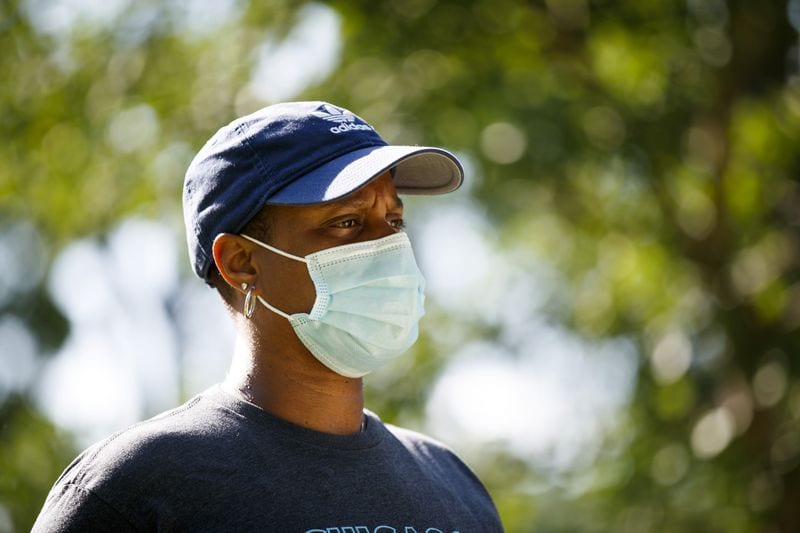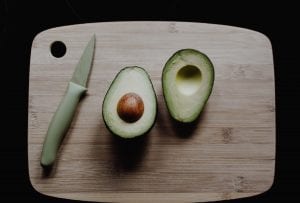
We have so often heard the statistics about how only a very low percentage of people who get COVID-19 die. Of course, that is good news, unless you are facing the loss of one of your friends or family members. Then it doesn’t really matter how few people are dying at all.
Many people want to simply state that of people who do get infected with this virus, 98-99% are COVID-19 survivors. I don’t want you to get hung up on that percentage, because that is not my point here.
I am writing this because although most people DO survive, there are people who suffer with lingering symptoms for weeks and even months. As we are being told repeatedly, this is a novel (meaning new) virus, and so we don’t know as much as we would like to about how it behaves and what the long-term affects will be for those COVID-19 survivors.
‘Long-Hauler’ COVID-19 Survivors

Why is it that some people seemingly bounce back from COVID-19 and others suffer long after what doctors say should be the expected recovery period?
I read an interesting article on this subject in the Chicago Tribune titled, ‘What if I don’t get better?’ Some COVID-19 survivors struggle with symptoms for weeks, even months, mystifying doctors.
‘…an emerging group of COVID-19 survivors, dubbed the “long-haulers,” who endure symptoms for weeks — even months — past the expected recovery period, mystifying physicians and scientists who are still grappling to understand the new virus.
While many COVID-19 patients bounce back relatively quickly from mild cases — and others are asymptomatic — Panettieri said a growing number are reporting a prolonged recuperation often marked by intense fatigue. Many of these survivors are younger and without major underlying medical conditions; some were even athletes, he said.
“Even those who weren’t in the (intensive care unit) or put on a ventilator have manifested this almost chronic fatigue-like syndrome for a period of time, displaced by weeks and sometimes even months, and it’s somewhat inexplicable,” said Dr. Reynold Panettieri Jr., a pulmonary critical care physician and director of the Rutgers Institute for Translational Medicine and Science at Rutgers University in New Jersey.
Are You Really Healthy? Really?
As a Functional Nutritionist I work with clients and coach them to be the healthiest versions of themselves possible. People frequently believe that because they have not been diagnosed with a serious illness that they are healthy. Sadly, that may not be true.

So many times, we think we are healthy, but so often we have hidden sources of inflammation or micronutrient deficiencies. Obviously, I can’t know the specifics are with the COVID-19 survivors who are deemed “long haulers”, but I can speak to the health of my own clients.
One lab test that I regularly run is a test that gives me a four month, intracellular average of micronutrient levels in a client’s body. I’ve been using this test for years and only two results have come back without frank deficiencies. In both of these cases, the results revealed multiple borderline deficiencies.
Supporting Our Bodies to Prevent Illness and Promote Recovery from COVID-19
We know that levels of vitamins C, D, and Zinc are all frontline players in this disease, but there are several others playing supporting roles such as vitamin A, copper, and more. To experience a robust recovery, people need to have these nutrients on board.
Another important support is glutathione which is very protective of the lung tissue. Dr. Ben Lynch describes how glutathione helps the lungs specifically in this situation. I recommend you watch his video on the subject, available on his Facebook page: https://www.facebook.com/drbenjaminlynch/videos/glutathione-and-lung-health/2653931991557824/
There are specific tests that I recommend that help us to know what is going on with an individual’s health and whether or not inflammation is a concern for them.


Without these tests we can look at the kind of fat people have in their diet and can make an educated guess about their vulnerability to inflammation, but the best results come with really good data—which comes from the tests.
For hidden sources of inflammation, a Hs-CRP is a good marker, but most people don’t have this information. Another stellar lab to have is a genomic test called “Your Genomic Resource.” With that test, we can see several possibilities of inflammation based on epigenetic vulnerabilities.
This Illness Can Last for Weeks so Protect Yourself

“The illness ebbs and flows, but never goes away,” he wrote. “Health professionals, employers, partners, and people with the disease need to know that this illness can last for weeks, and the long tail is not some ‘post-viral fatigue syndrome’ — it is the disease,” Paul Garner, professor of infectious diseases at Liverpool School of Tropical Medicine
Protecting your health is something you must be proactive about, in general and should you get this virus to be a COVID-19 survivor. You can build your resiliency, but it takes time and effort. Start with your diet and follow that up with understanding your micronutrient status. Then the next area of focus is stress reduction.
My message to people experiencing the long tail is to dig deeper, don’t suffer alone. There is support available.
Read the Chicago Tribune article by Angie Leventis Lourgos here. https://www.chicagotribune.com/coronavirus/ct-covid19-long-recovery-20200630-cge3ve6y6zbh3p7pxd3tdcjrua-story.html
Photo credit: COVID-19 survivor ‘long hauler’, photo by Armando L. Sanchez/ Chicago Tribune
